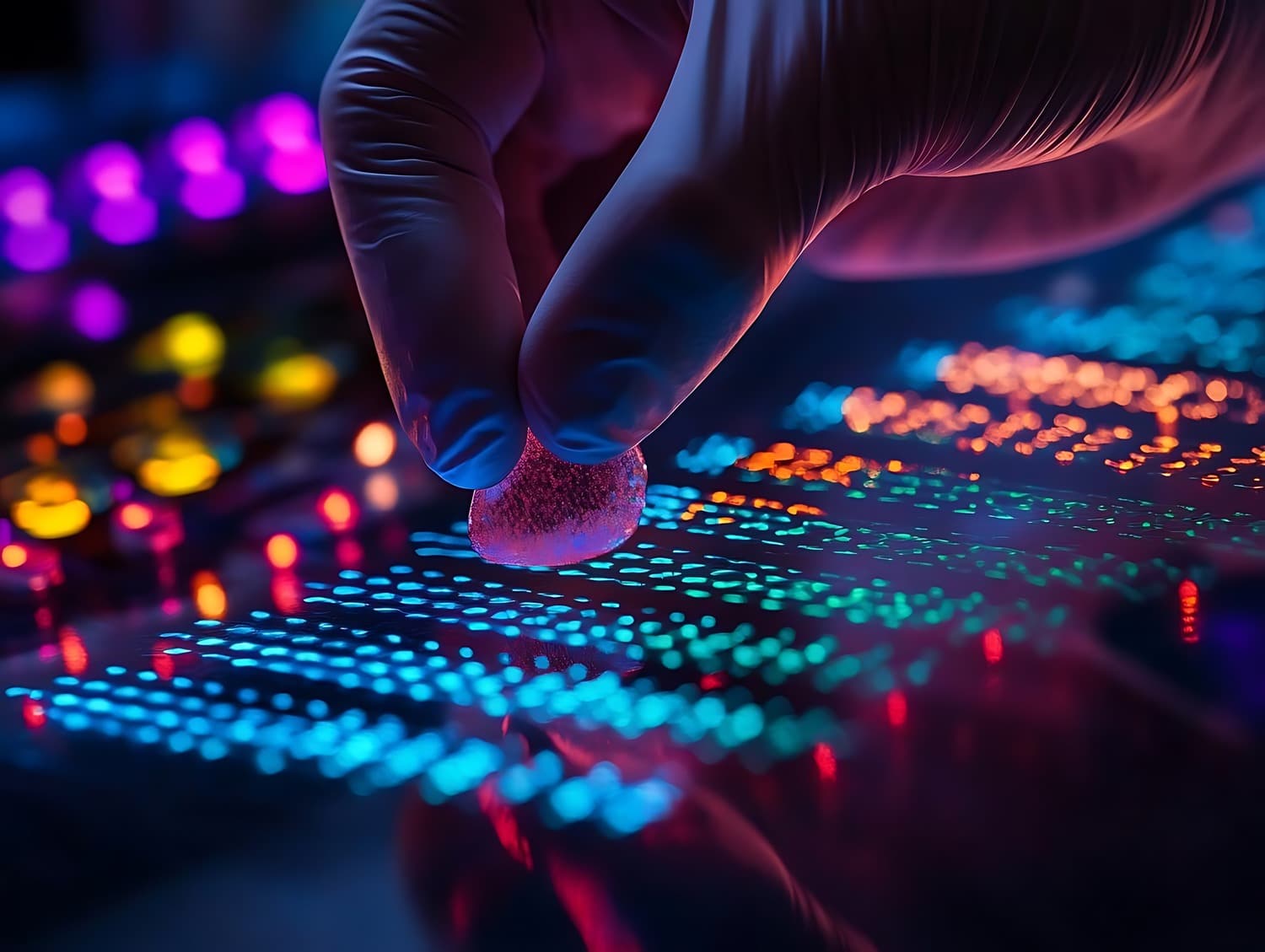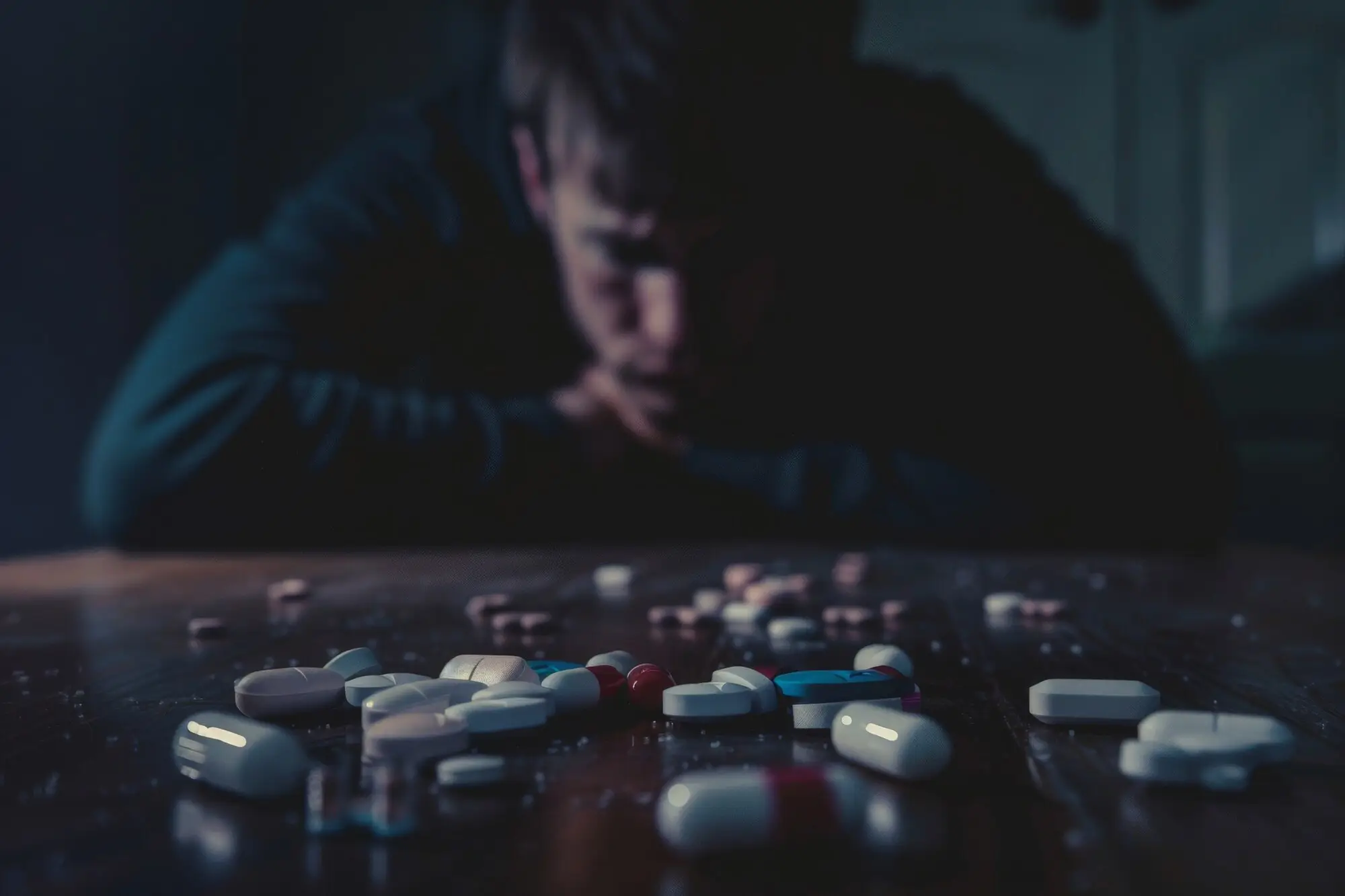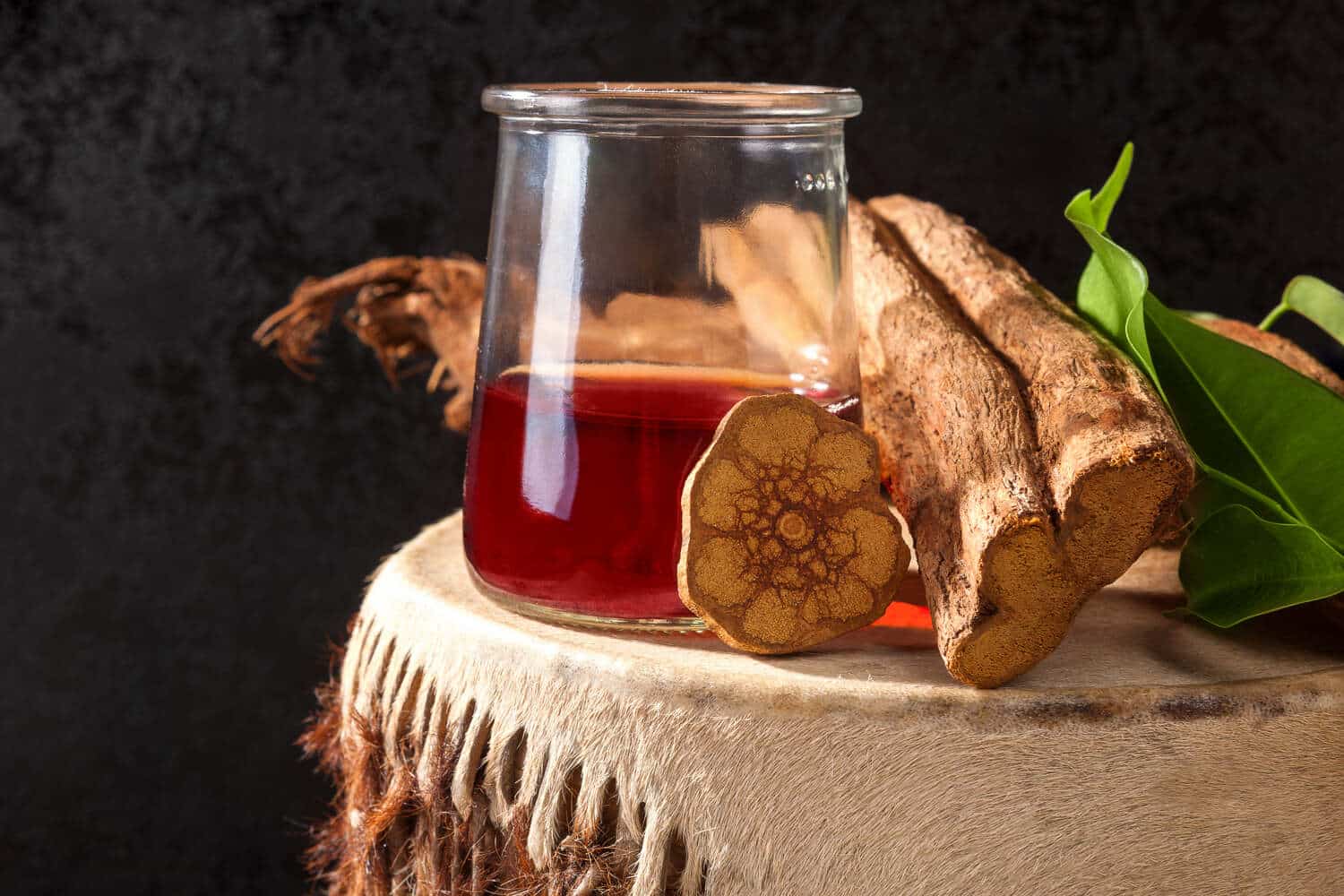Ibogaine has gained interest and attention from scientific and medical communities in the last few years for its potential to treat opioid and cocaine addiction. Research suggests that ibogaine’s ability to help reduce withdrawal symptoms of drug addiction is linked to how it affects the brain. Ibogaine increases the signaling of several important molecules in the brain. In this blog, we will explore ibogaine’s ability to support brain recovery in more detail.
The Brain & Addiction
The brain is the most complex part of the body, and drugs interfere with the way the brain sends, receives, and processes signals via neurotransmitters. Here are a few ways in which the brain and addiction are linked:
Neurochemical Imbalances
Neurochemical imbalances are disruptions in the activity of neurotransmitters or fluctuations in their levels. Neurotransmitters are basically the brain’s chemical messengers. When their levels fluctuate or when the activity they are performing gets disrupted, it can lead to various mental health conditions.
Structural & Functional Damage
Structural or functional impairments in the brain refer to physical alterations in the brain’s anatomy as well as disruptions in the brain’s processes. Prolonged substance use can lead to changes in brain structure and function, particularly in areas associated with reward, motivation, and decision-making.
Psychological & Emotional Effects
Addiction not only intensifies the emotions, but it can also deaden or suppress them, leading to psychological problems. Over time, people who are engaged in prolonged substance abuse start losing control of their addiction. These individuals often report feeling disconnected from their own self as well as their responsibilities and relationships.
How Long Does It Take The Brain To Heal From Substance Abuse?
Addiction can greatly affect the way the brain functions. However, with the right treatment, the brain can heal from substance abuse.
Acute Withdrawal (1-2 Weeks)
Acute withdrawal is the initial and often the most challenging stage of addiction recovery. It typically begins within hours to days after the last substance use, depending on how severe your addiction is. Acute withdrawal symptoms usually include intense cravings, severe nausea, vomiting, muscle aches, tremors, sweating, extreme anxiety, and paranoia. In some cases, patients also experience seizures and hallucinations.
Early Abstinence (1-3 Months)
Early abstinence is a critical stage in which a patient experiences significant psychological changes. In this stage, the brain tries to rebalance its chemistry. This phase lasts roughly 1 to 3 months after the last time a person used a substance. People in this phase may experience changes in mood, anxiety, depression, sleep disturbances, and intense cravings. It’s essential to establish a strong support system to avoid relapse in this stage.
Protracted Abstinence (3-6 Months)
Protracted abstinence is a stage that typically comes after 3 to 6 months into recovery. In this stage, people may experience a wide range of symptoms, which are usually known as post-acute withdrawal syndrome (PAWS). This can also occur shortly after the acute phase. These symptoms include rapid mood swings, anxiety, difficulty concentrating, sleep disturbances, and cravings. Patients often find it extremely challenging to manage their daily routine at this stage, which is why continuous support is vital.
Long-Term Recovery (6+ Months)
Most individuals typically experience long-term recovery when they have stayed sober for six months after their initial treatment. At this stage, they are beginning to sustain their sobriety and regain a healthy, productive life. It will be easier to maintain a stable routine and repair their relationships.
How Ibogaine Supports Brain Recovery
Ibogaine plays a critical role in aiding the recovery of the brain when a patient is going through addiction treatment.
Regenerates and Restores the Brain
Although ibogaine’s psychedelic properties help with the change in perception after the treatment, it’s not the most impressive thing about ibogaine. The expression of GDNF and BDNF 24 to 48 hours after the treatment is what separates ibogaine from other psychedelic substances. This expression helps the brain restore and regenerate itself.
Restores Neurotransmitter Function
Ibogaine has properties that can help reset the brain’s chemistry. It has been shown to restore neurotransmitter function to help break addiction patterns. Ibogaine can significantly reduce the symptoms of substance dependency in a single session.
NDMA Receptor Modulation
Ibogaine interacts with NMDA receptors in the brain, which are vital for functions like learning and memory. By engaging these receptors, ibogaine may help reestablish healthy neural pathways that have been disrupted by prolonged drug use. This interaction can significantly contribute to the brain’s recovery process.
Opioid Receptor Modulation
Ibogaine is known for its ability to interact with opioid receptors in the brain. When ibogaine interacts with opioid receptors, it acts as an interfering agent, helping mitigate withdrawal symptoms and reducing opioid cravings. As a result, ibogaine can help patients recover from the long-term effects of opioid addiction.
Sigma-2 Receptor Binding
Ibogaine’s ability to bind with sigma-2 receptors is believed to play a critical role in addiction treatment. Sigma-2 receptor binding may help generate neuroprotective and neurorestorative processes in the brain, which are crucial for healing after substance abuse.
Multi-System Reset
During treatment, ibogaine comes into contact with various neurotransmitter systems. As a result, it can help normalize brain chemistry that has been disrupted by prolonged abuse of substances. This multi-system reset helps regulate mood, improve reward and pain perception, and support brain recovery.
Final Thoughts
Ibogaine is a promising substance that can significantly aid in post-addiction brain recovery. Its unique properties can help rebalance neurotransmitter systems, reducing cravings and withdrawal symptoms, and facilitating a more comprehensive healing process for the brain. To learn more about how ibogaine can support your journey towards recovery, explore the personalized treatment programs at Experience Ibogaine. Apply today!
Frequently Asked Questions (FAQs)
Ibogaine heals the brain by resetting neurotransmitter systems, particularly the dopamine system, which often changes rapidly and becomes unregulated during addiction. Ibogaine can also promote neuroplasticity, helping the brain to form new connections and repair damaged pathways.
Yes, ibogaine is often referred to as a “miracle” drug due to its ability to trigger brain recovery even after a single session. However, a session of ibogaine alone can’t do everything. It only sets patients on a journey of recovery. Professional therapy, continuous support, and healthy coping strategies are what help you maintain sobriety.
Noribogaine is a long-acting metabolite of ibogaine that plays a crucial role in brain recovery. It remains in the body for an extended period and contributes to the prolonged anti-craving and mood-stabilizing effects that patients often experience after ibogaine treatment.
The recovery of dopamine receptors after addiction can vary significantly among individuals, depending on the severity and duration of substance abuse. While some improvements may be seen within weeks of abstinence and ibogaine treatment, a more complete restoration of dopamine receptor sensitivity can take several months to even a year or more. This process is gradual and is supported by continued treatment, healthy lifestyle choices, and ongoing therapeutic support.




